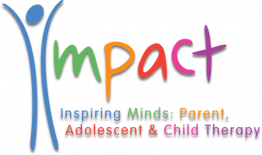
Our Mission
We work to improve child and family mental health, building hope and aspiration for the future
Commitment
We are committed to helping our children and families get the right mental health care, when and where they need it most.
We are committed to working closely with our professional partners to think together about how to achieve the best possible outcomes for our children.
Finally, we are committed to facing the challenges in our work and always striving to provide the best service we can.
Collaboration
We believe that real success comes from collaboration. We know that building effective relationships with others (such as professionals, families and commissioners) is the key to ensuring positive outcomes for the people we work with. It is only by working in partnership with each other, sharing expertise and understanding that we can, together, make a difference to young lives and build brighter futures.
Quality
We believe that our children, young people and families deserve the best quality care possible. Our staff have undergone extensive, specialist training in working therapeutically with children, young people and parents and have the skills to provide the best environment in which to bring about change. As a team, we work tirelessly to continually improve the service, using the voices of our clients to lead the way.
